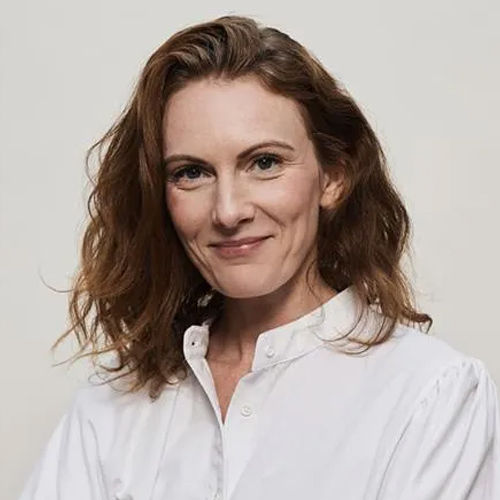
Susanne Guldager
Designer
Label - La Femme Rousse
I am inspired by art, a current social debate, or people I observe
La Femme Rousse is a Danish visionary fashion company established in 2019 by Susanne Guldager. The core values that La Femme Rousse represents are originality, recycling and quality. The majority of its styles are produced from recycled textiles such as tablecloths and sheets. In an interview with Fibre2Fashion, Guldager discusses her intricate designs and gives insights about the fashion industry in Copenhagen.
Fibre2Fashion: How would you define fashion? Could you tell us about your experience in the field and the development of your brand?
Susanne Guldager:
To me, fashion is more about adorning the body rather than following ‘the new’, as the word fashion means in a literal sense. La Femme Rousse creates fashion that makes women feel confident, positive, inspired, feminine, and beautiful. We not only want to make women feel beautiful today but also confident about the fact that their fashion is creating a better tomorrow. We call that connection “Beautiful Today… Beautiful Tomorrow”.
F2F: What does the name ‘La Femme Rousse’ suggest?
SG:
La Femme Rousse means the red-haired woman. For me it was important that the name was personal and since I myself am a redhead and probably often described as “the red-haired woman” it was obvious to call my company La Femme Rousse.
F2F: What inspires you to design such intricate designs? What fashion do you follow?
SG:
As such, I do not follow a specific kind of fashion. I am rather inspired by art, a current social debate or people I observe in the streets.
F2F: Could you give us some insight about fashion in Copenhagen and how the industry has evolved over time?
SG:
There has always been an international focus on Copenhagen fashion and the concept of ‘Danish design’ and Nordic minimalism is enormously valuable abroad.
F2F: How does the design and production process undergo since your collections are produced from recycled textiles such as tablecloths and sheets?
SG:
Since I work with recycled textiles and deadstock fabrics, the design process is very material-driven, which means that the material choice comes first followed by the rest of the design process. That approach is a creative challenge which I greatly appreciate.
F2F: What challenges have you experienced developing a brand with the motive of conscious and sustainable clothing?
SG:
The biggest challenges have by far been in the production process.
F2F: Suggest five tips for fashion fanatics willing to adopt sustainable fashion and lifestyle.
SG:
I think it can be said in one sentence: Think about your children’s future.
F2F: Tell us about your few favourite projects that you did?
SG:
I am currently participating in an exhibition at the Design Museum Denmark. The exhibition is called AKUT and it means acute in English. It is about sustainable fashion, and I am exhibiting together with three other Danish sustainable designers.
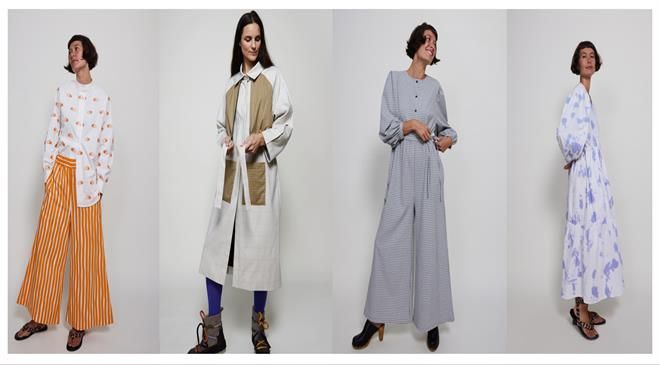
Pradip Mehta
Bill D’Arienzo
Anurag Batra
Aseem Prakash
Gabi Seligsohn
Arun Sirdeshmukh
Rahul Mehta
Fanny Vermandel
Rahul Mehta
Abhay Gupta


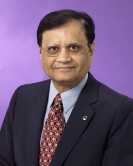


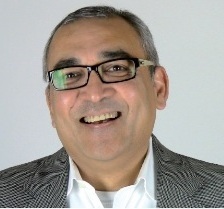


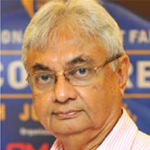

_8.JPG)


